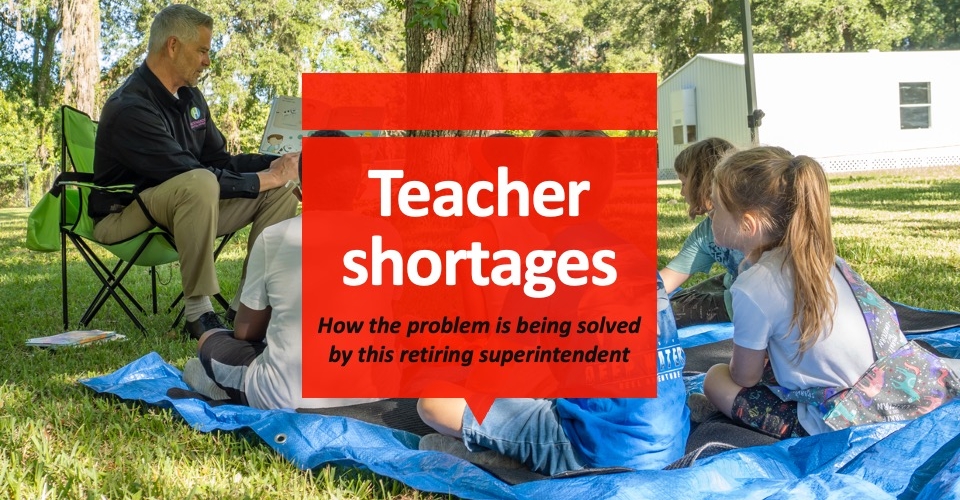U.S. teachers are not alone in the world in some of the challenges they face—or in some of the solutions they propose. Teachers across the globe also have similar perspectives on the big disruptor of the moment: artificial intelligence.
In a poll conducted by McGraw-Hill in the U.S. and 18 other countries, more than half of educators (57% ) said that issues at home, insufficient family support and other external influences are the “largest obstacles to student success.”
Consequently, misbehavior, mental health struggles and students not being prepared for grade-level work also interfere with learning in the regions covered by the survey: North America, Northern Europe, Latin America, Asia and the Middle East.
Superintendent turnover: Dozens of new hires and 6 departures
When asked how to improve student success, the top three answers were: increasing funding for education, raising teacher pay and better training and support for educators.
Teachers are testing AI
Teachers are also looking for ways that AI can enhance their craft though some worry the rapidly advancing technology may harm students. AI’s two biggest benefits, each cited by about two-thirds of the respondents, are saving time on administrative tasks and personalizing learning more precisely for each student. But even more teachers, over 70%, want more guidance on AI and say its impacts are “unknown.”
Overall, about 40% of educators say AI has been beneficial while just 19% believe it has had a negative impact. Teachers’ biggest concerns are cheating and that AI could hinder students’ critical thinking, memory and social skills, the survey found.
The three biggest barriers to edtech implementation cited by teachers are: High costs of purchasing the technology (47%); lack of time to implement and train educators on how to use the technology effectively (38%); and “Data privacy concerns” (34%).
Here’s what else global educators said in the poll:
- 32% use generative AI, such as ChatGPT; 80% have already used it or expect to.
- 48% would trust the accuracy of information students get from generative AI.
- 48% don’t trust the accuracy of generative AI information or trust it only slightly.
- 72% believe their school needs to provide more guidance on the use of emerging technology.









